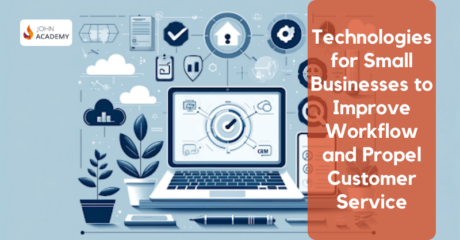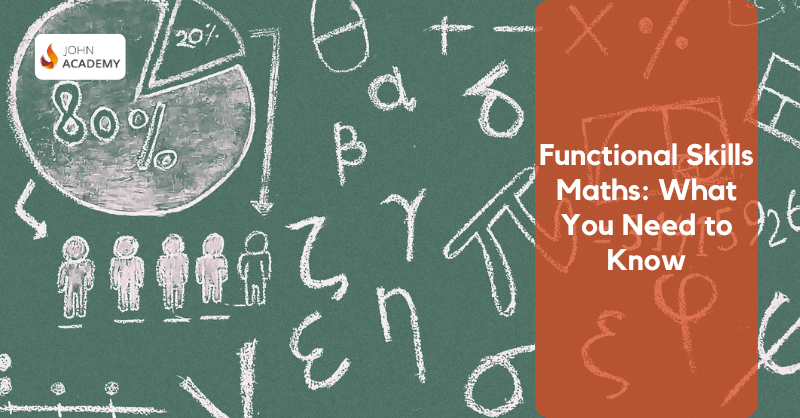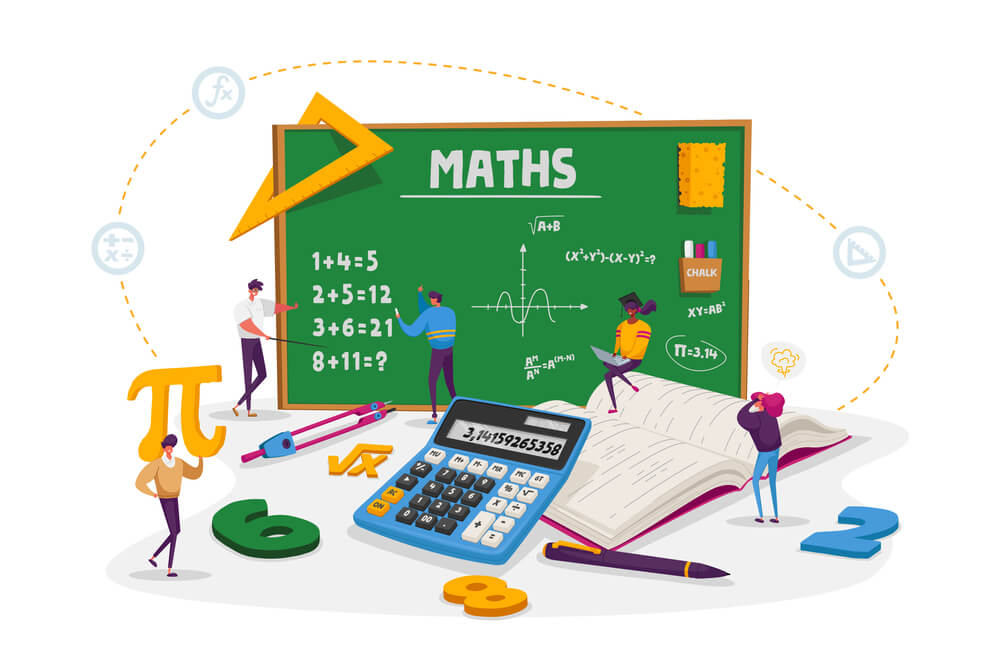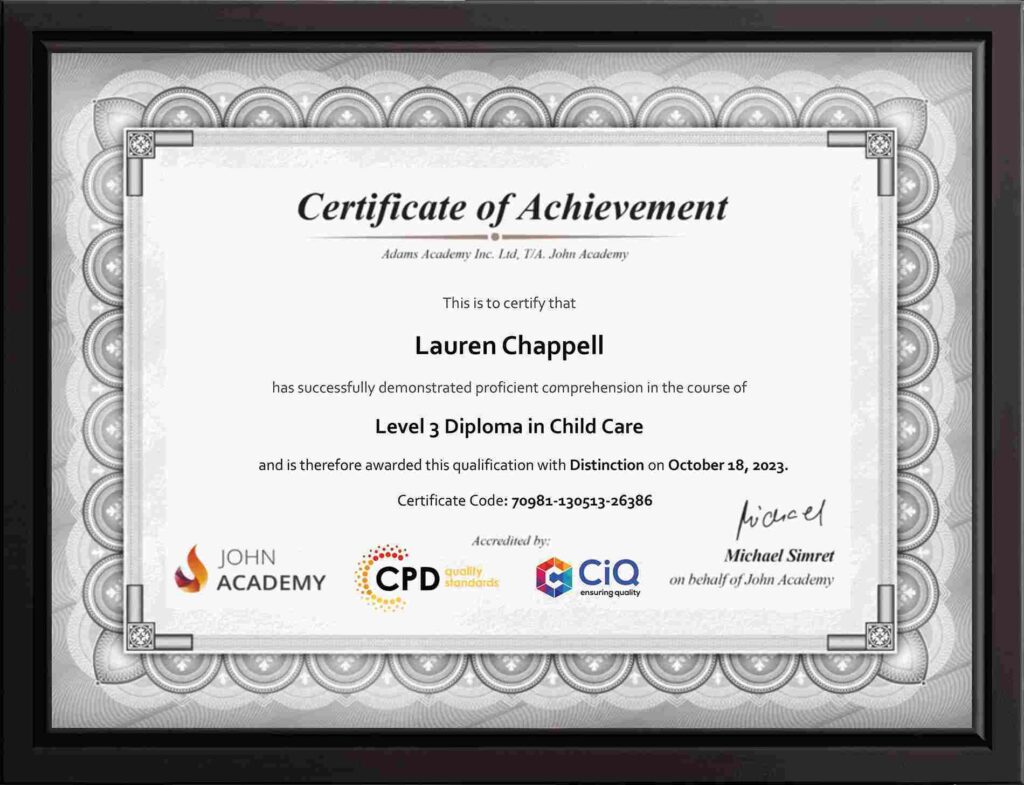

Mathematics is more than just a subject in school. It goes beyond the classroom and is used as a fundamental tool in our lives both at home and at work. From financial management to construction work, basic maths is an integral part of a wide range of areas. So, whether you are a student or a professional, a solid grasp of functional skills maths can take you a long way.
But what are these functional skills? How can you acquire them? And how to prove you possess these skills? You will find all your answers in this blog.
Stick till the end!
In this article -
Functional Skills: What are They?
Functional skills are the core English, Maths and ICT skills that people use in their personal and professional lives. These skills help them operate confidently and effectively in everyday life. From grocery shopping to managing accounts, these are the core skills you need to function on a regular basis. So you can understand the value of functional skills in professional life. You can use these transferable skills in a vast range of professions.
However, in the UK, there is a functional skills exam. This exam is a qualification that proves an individual’s proficiency in English, maths and information technology. This qualification will allow you to apply for jobs in different sectors. In addition, this qualification will play a vital role in your career development, no matter which industry you are working in.
Functional Skill Types
There are three types of functional skills. These are useful for individuals in their personal and professional lives. These functional skills are –
English
English functional skills are a vital part of our everyday life. English language functional skills include reading, writing, and speaking. These basic English skills are very important in both personal and professional settings. They help people communicate effectively with others. Also, these skills allow you to avoid grammar, spelling and pronunciation mistakes. In addition, they help you present yourself more confidently in front of others.
Maths
Functional skills maths are important in various aspects of our lives. The functional maths skills include numbers, measurement, data handling and shapes. Functional maths helps solve everyday maths problems without any assistance. Furthermore, these skills play a significant role in decision-making and problem-solving.

Information and Communication Technology (ICT)
The last category of functional skills is Information and Communication Technology. In this age of technology, ICT skills are required for effective communication. Moreover, they help with our studies, professional work, and many other aspects of our lives. However, ICT functional skills do not mean one has to learn advanced ICT skills. You can only choose to focus on the basic skills you need to use technology.
Why Take Functional Skills?
There are many reasons why taking functional skills can be beneficial. Here are some of the advantages you will receive by taking functional skills.
What is Functional Skills Maths?

Maths functional skills are all about the basics. In maths functional skills, you will learn to solve real-life mathematical problems. The functional skills of maths are divided into four categories. They are as follows –
- 1. Numbers
- 2. Data Handling
- 3. Measurements
- 4. Shapes
Numbers
Mathematics is all about numbers. So, functional maths skills will teach you the basics of working with numbers. You will learn the rules and formulas of fractions, decimals, percentages, ratios, etc. It is perfect for establishing a solid foundation in maths. If you are good with numbers, it will be advantageous for solving more advanced mathematical problems.
Using numbers will help you solve real problems, such as making purchase decisions, using proper ratios in cooking and paying bills correctly.
Data Handling
Data handling involves collecting, recording, interpreting and presenting data. Here, you will learn how to decode the data and find the probability of different outcomes. In addition, you will learn to identify patterns in data and develop the ability to record the results effectively.
Measurements
You will be introduced to centimetres, meters, kilometres, grams, and other key tools used for measurement. Then, you will learn how to use these tools to measure volume, weight, parameters of areas and more. It is important to have a clear understanding of measurement as we use it in our everyday life.
Shapes
You will be introduced to centimetres, meters, kilometres, grams, and other key tools used for measurement. Then, you will learn how to use these tools to measure volume, weight, parameters of areas and more. It is important to have a clear understanding of measurement as we use it in our everyday life.
Levels of Functional Skills Maths
The functional skills maths are divided into three levels. The first level is Entry-level. This level is divided into three parts. After that, there are Level 2 and Level 3 maths functional skills. Have a quick look.
- 1. Entry — Level
- a. Entry — Level 1
- b. Entry — Level 2
- c. Entry — Level 3
- 2. Level — 1
- 3. Level — 2
Functional Skills Maths Equivalent Grade
As you already know, there are 3 core levels for functional skills maths. The Entry-level has another 3 levels. The grades for the 3 Entry-levels are below the General Certificate of Secondary Education or GCSE levels. On the other hand, Level 1 functional skills maths is equivalent to GCSE grade D-G. Level 2 functional skills maths is equivalent to GCSE grade A*- C.
The Entry-level 1-3 functional skills require guided learning of 45 hours. In total, the qualification must be 47 hours. However, level 1 requires a total of 50 hours of qualification time. Of these 50 hours, 45 hours are for guided learning. Level 2 learners must spend the same amount of time for guided learning. But the total qualification time must be 54 hours.
Levels of Functional Skills Guided Learning Time Total Qualification Time Entry levels 1, 2 and 3 45 hours 47 hours Level 1 45 hours 50 hours Level 2 45 hours 54 hours
How are Functional Skills Assessed?
For the functional skill assessment, there are no marks or grades. It’s either pass or fail. Your result will be based on your exam performance. There are no portfolio-based assessments or coursework in functional skill assessment.
The exams for the Entry-level functional skills are all paper-based. The exam papers are evaluated internally, and the exam is conducted by a centre. The Level 1 and Level 2 exams have two assessment options, online and offline. The online exams can be taken at the learners’ demand. However, the offline exams are taken by the awarding body during the weeks set by the organisation. Whether online or offline, the exams are evaluated externally.
How to Improve Functional Skills in Maths?
With a little effort and the right strategies, you can easily take your functional skills to the next level. Here are some effective strategies that can help you upgrade your functional skills.

Practice
The best way to learn something is by incorporating it in the real world. You can use the functional skills, whether it’s everyday grocery shopping or data analysis at work. These are great for solving everyday problems. So this will help you get a practical understanding and enable you to utilise your ability more effectively.
Study
If your basics are not clear, you won’t be able to pass your assessment for functional skills. Therefore, it is important to study each topic in detail. The more time you put into your studies, the better your chances of passing the exam. Also, without a comprehensive understanding of the topics, you won’t be able to apply them to real-life seniors. Dissertation writing help can be beneficial in this regard.
Seek Guidance
Without proper guidance, it can be difficult to pass the exam. Thus, it will be best for you if you seek professional guidance. A trainer will be able to help you understand the topics better. There are also online courses that provide high-quality functional maths skills training. These courses are self-paced. Thus, they are perfect for both students and busy professionals.
For example, John Academy offers a good, well-structured course on Functional Skills Maths and English. It’s a great choice if you want to work on your skills from the comfort of your home. In addition, there is 24/7 learning support ready to assist you through the journey.
How can I Take a Functional Skills Maths Qualification?
There are two ways you can take a functional skills maths exam: online and offline.
You can find different online platforms through which you can take the exam. In addition, there are online courses that will help you prepare for the exam. And these courses cover the topics of the syllabus. They train learners through engaging video lessons and provide learning support as well. Here are a few good courses you can try out
There are different local centres that conduct offline functional skills exams. You can sit for the offline exams through these centres. For offline exams, the results may take longer time compared to online results.
Conclusion
Acquiring functional skills maths qualifications can bring many opportunities your way. It will not only increase your potential but also make you a valuable candidate in the eyes of your employer. So, if you are ready to improve your abilities and your career prospects, start preparing for it!
FAQ
The qualification level of functional skills are –
Yes, you do need functional skills, even if you are a student. The students who skipped or failed their GCSE must complete functional skills to reappear on the exam. Also, if you pass the functional skills assessment, it will be highly advantageous for your professional development in the future.
An individual with functional maths has the ability to solve basic calculation problems without the assistance of others. Also, they have a solid understanding of numbers, shapes, measurements and data management. As a result, they have the ability to solve numerical problems in real-life situations and make informed financial decisions.
Functional skills are important for personal life and professional development as well. They are used for our personal tasks that we do on a regular basis. In addition, these skills are essential for performing professional tasks as well.
Yes, you can get a job with functional skills. It is the basic requirement for job applications. Other required skills will depend on the type of the job.
In English, the functional skills are reading, writing, listening and speaking. For Maths, it’s data handling, numbers, shapes and measurements. On the other hand, ICT functional skills are the key skills you need for computer applications.
The main difference between functional skills and GCSE is one is online, and the other is offline. GCSE is taught in physical classrooms, while functional skills are mainly online.
In the current job market, functional skills are the basic qualifications required for candidates. This means they are not only accepted but mandatory.
Read more
- All Courses
- Health & Safety15
- IT & Development214
- Business & Management422
- Accounting & Finance61
- Photography & Video51
- Health & Fitness175
- Teaching & Academics172
- Teaching & Education2
- Intermediate,IT & Software1
- Personal Development28
- Advanced,Beginner,Intermediate,CPD Accredited,Office Productivity,Others1
- Language2
- IT, Software & Technology4
- Business7
- Marekting2
- Healthcare, Safety & Fitness4
- Therapy3
- HR and Leadership2
- Employability258
- Accounting3
- Beauty & Wellness15
- Management23
- Teach & Education1
- Project Management2
- Animal Care25
- Psychology6
- Technology1
- Finance3
- Hospitality2
- Sports3
- Lifestyle49






